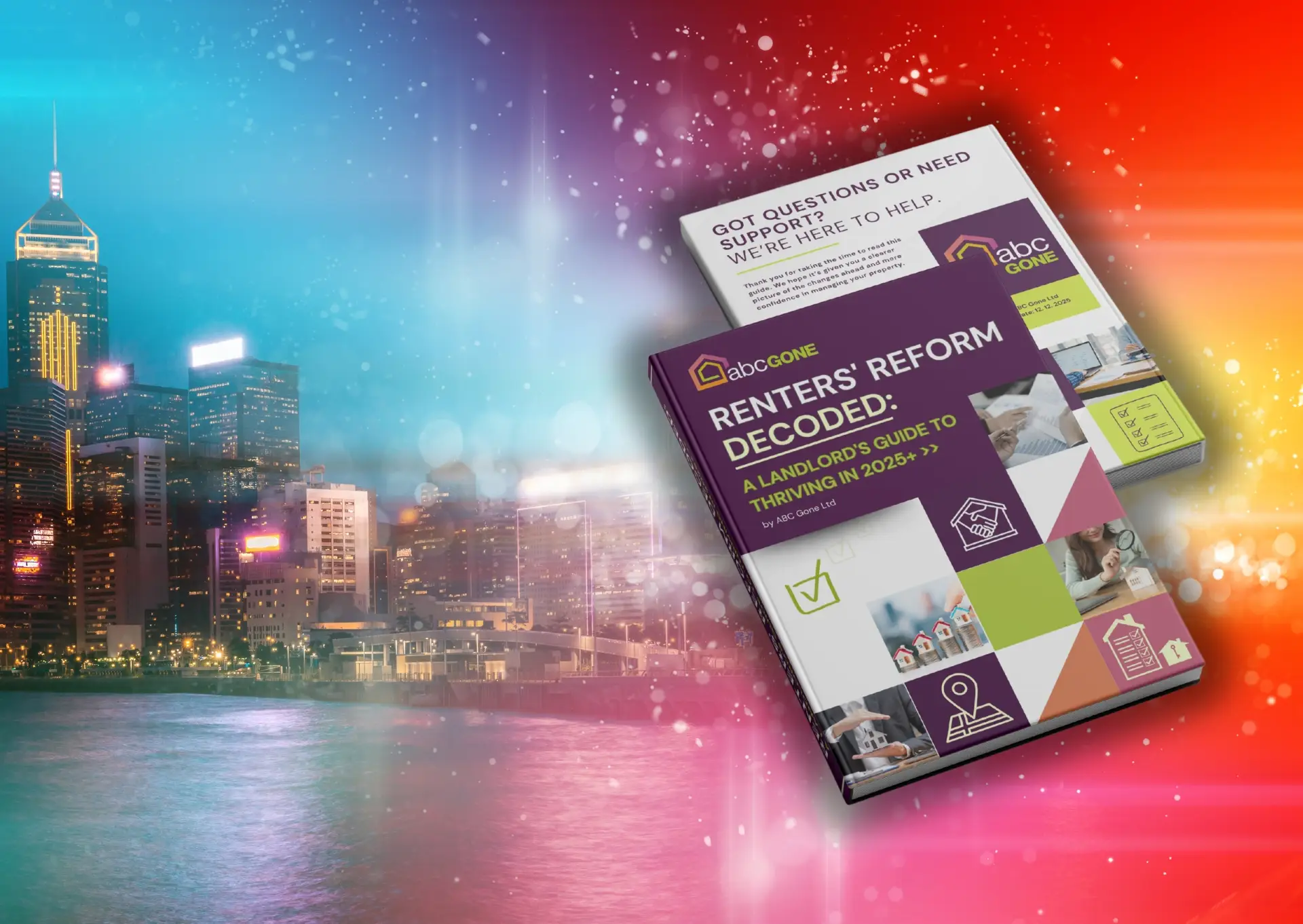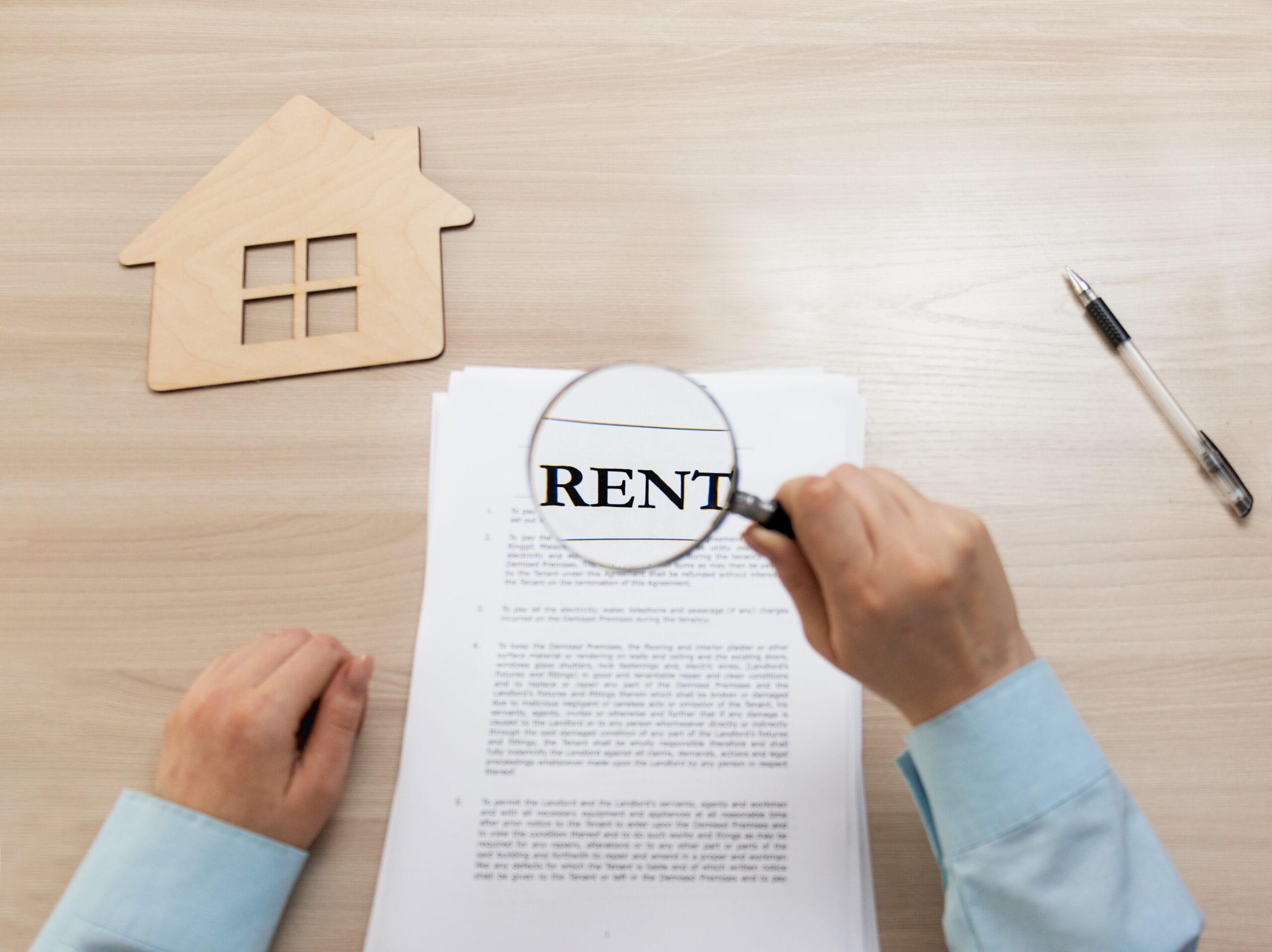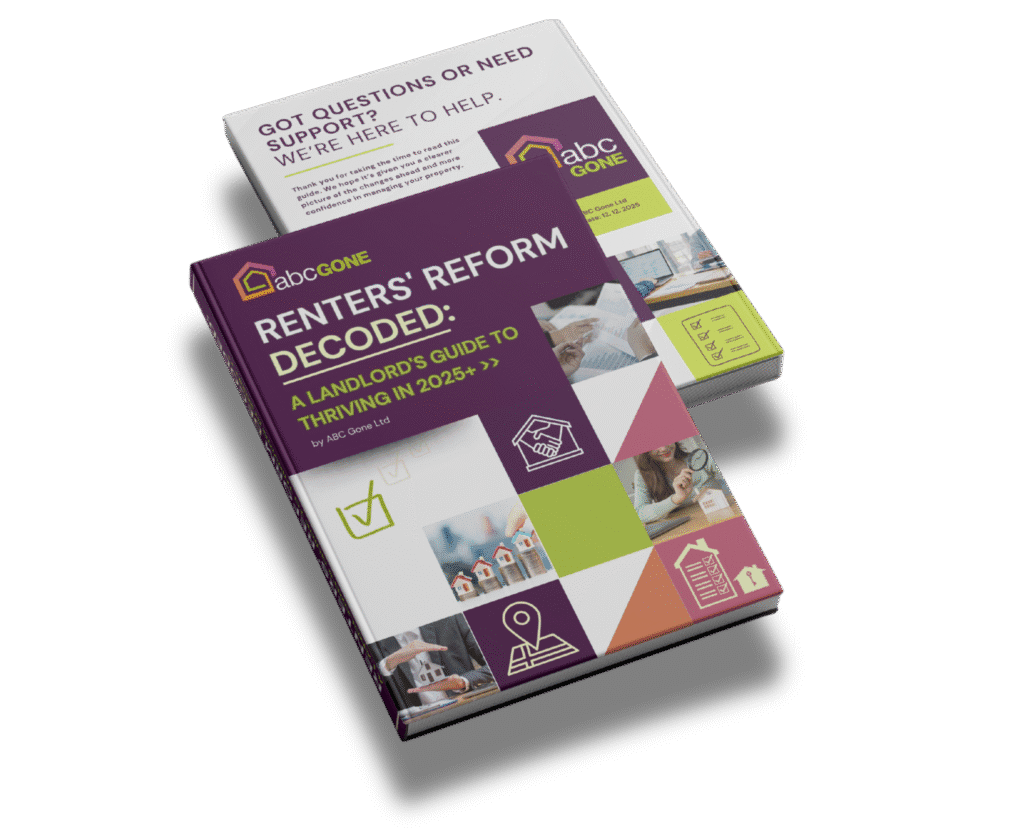Data shows that an increasing number of landlords are buying property through limited companies, particularly those with a portfolio of rental homes. The increase has happened since a change in the law which saw the removal of mortgage interest relief for individual landlords replaced by a set allowance.
Buying property through limited companies can bring significant tax advantages, but it isn’t suitable for everyone. It is more likely to work for you if you’re a higher-rate taxpayer or own several properties.
If you’re looking to buy a house using a limited company in Harold Wood, Basildon, Thurrock, Colchester, Chelmsford, Harlow and Essex or beyond – find out what the implications are below.
The pros of buying property through a limited company
Corporation tax v income tax
As a private individual, you will pay tax on your rental income at your standard rate. If you are a higher rate taxpayer, this will be at a rate of 40%+ – much higher than the 25% rate of corporation tax you would pay if you let the property through a limited company.
Mortgage interest
Changes to the tax laws in 2020 mean landlords can no longer offset mortgage interest payments against their income when calculating the tax they owe as private individuals. This tax change is known as Section 24. Instead, they receive an allowance paid at a lower rate. This could make a big difference, given today’s relatively high interest rates.
Inheritance tax advantages
Suppose you want to pass your property on to a child or family member. In that case, your estate may be liable for inheritance tax at 40% for anything above the tax threshold. By incorporating your investment property into a company, you may save on inheritance tax by making your children company shareholders, for example.
Flexibility
As a limited company, you can decide how much to pay yourself as a salary and dividends, freeing up more of your money to pay off your mortgage or invest in expanding your portfolio.
The cons of buying property through a limited company
More expensive if you’re not a higher-rate taxpayer
If you’re a basic rate taxpayer, you’re unlikely to see a major benefit from buying property as a limited company. Since April 2023, the corporation tax rate has been 25%. Although there are reliefs for businesses with profits below £250,000, this is still more than the basic tax rate (20%).
It may make it harder to get a mortgage
You will need a mortgage product specifically for companies. This could mean paying higher rates and having fewer options to choose from.
Double taxation
You will need to pay corporation tax on the profits made by your limited company. If you take money out of the company, such as a salary or dividends, you must also pay income tax on these sums.
Increased admin and responsibilities
You must set up your limited company, register it with Companies House and submit an annual report and accounts. Most people use an accountant for this, which means additional costs. With these averaging around £1,000 a year, you’ll need to save more than that through tax benefits to make it worthwhile.
Stamp duty and other costs
If you own the properties, you can’t just move them into a limited company. Your company will need to buy the properties, which means paying stamp duty on the sales as well as capital gains tax on any increased value and legal fees.
No capital gains tax allowance
If you decide to sell your rental properties, you will pay capital gains tax on any profit you make. If you sell as a private individual, you will receive a tax-free allowance before you pay the tax, but there is no allowance for companies. However, capital gains tax is charged at the corporation tax rate, which means you may pay less. If you plan to sell your rental properties, you must do the maths or get advice from a tax accountant.
Buying via a limited company: key questions to ask
Before you decide to buy property through a limited company, you should ask a few questions:
What is my expected income?
If you’re a higher-rate taxpayer, it could be worthwhile. Think about whether your rental income could you push your earnings into a higher band.
How many properties do I plan to own?
If you own or are looking to acquire a portfolio of several properties, buying through a limited company may be a cheaper and more efficient way to operate.
Do I need a mortgage?
Suppose you have a mortgage and are a higher-rate taxpayer. In that case, setting up a limited company and claiming tax relief may be more advantageous. However, remember that the mortgages may cost you more, too.
If you’re a landlord with properties in Romford, Hornchurch, Dagenham, Rainham, Upminster, Southend on Sea or Harold Wood, we’d love to help you manage your portfolio in the best way for you. Contact us today to discuss our range of services for East London landlords.





